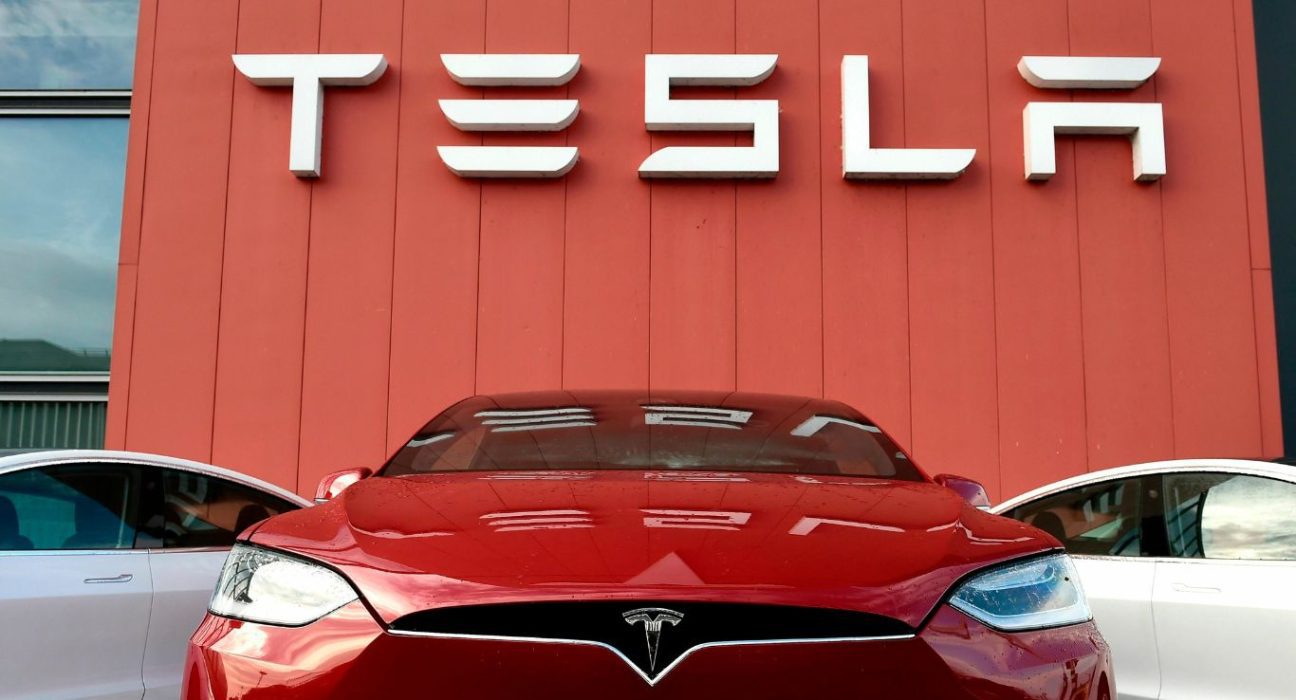Tesla, the electric automaker, has recently announced its plans to expand its global electric vehicle (EV) production, including exporting its Model Y to Canada. However, the expansion comes with a cost, as the company has raised its capital expenditure (capex) forecast for 2021 to between $7 billion and $9 billion. In this article, we will discuss the economy impact of Tesla’s expansion plans, the incentives offered by the Canadian government for EV purchases, and the challenges that Tesla faces in its quest to produce 20 million EVs by 2030.
Tesla’s Capital Expenditure Forecast for 2021
On Monday, Tesla’s shares fell over 3.5% in early trading after the company raised its capex forecast for 2021. The automaker had previously expected to spend between $6 billion and $8 billion this year, but the new forecast has been revised to between $7 billion and $9 billion. The reason for this increase is due to Tesla’s expansion plans to ramp up its global EV production, including opening a new gigafactory in Mexico, increasing output at its factories in Berlin and Austin, and exporting its Model Y to Canada.
Economy Impact of Tesla’s Expansion Plans
Tesla’s expansion plans could have a positive impact on the global economy. As the world shifts towards cleaner energy, the demand for EVs is expected to rise. Tesla’s plans to produce 20 million EVs by 2030 could lead to the creation of new jobs and the development of new industries. Additionally, the expansion could help reduce the carbon footprint of the transportation sector, which is a significant contributor to global greenhouse gas emissions.
Incentives for EV Purchases in Canada
In Canada, the new version of Tesla’s Model Y, along with the more expensive long-range variant, both qualify for incentives of C$5,000 on purchase or a four-year lease, according to a recent update to the Canadian government’s website. These incentives are part of the Canadian government’s plan to encourage the adoption of EVs and reduce carbon emissions. The incentives could help make EVs more affordable for Canadians, especially considering the higher upfront cost of EVs compared to traditional gas-powered vehicles.
Challenges for Tesla’s Expansion Plans
While Tesla’s expansion plans could have a positive impact on the global economy, the automaker faces several challenges in achieving its goals. One of the main challenges is the supply chain disruptions caused by the COVID-19 pandemic. The pandemic has led to a shortage of semiconductor chips, which are essential components for EV production. This shortage has resulted in production delays and increased costs for automakers, including Tesla.
Another challenge that Tesla faces is the competition from other EV manufacturers. As the demand for EVs increases, more automakers are entering the market, making it more challenging for Tesla to maintain its market share. Additionally, some countries, such as China and Germany, are investing heavily in their own EV industries, which could potentially impact Tesla’s sales in those markets.
Conclusion
Tesla’s plans to expand its global EV production, including exporting its Model Y to Canada, could have a positive impact on the global economy. However, the expansion comes with challenges, including supply chain disruptions and increased competition from other EV manufacturers. Nevertheless, the incentives offered by the Canadian government for EV purchases could help make EVs more affordable for Canadians and encourage the adoption of cleaner energy.










